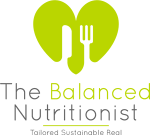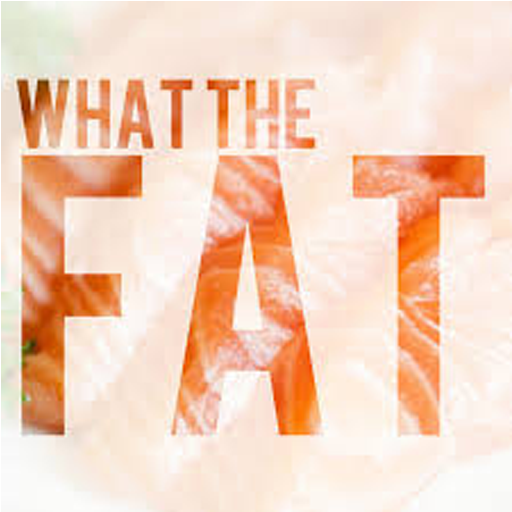A couple of recent conversations have inspired this blog post today. It seems there is still a lot of confusion out there about macronutrients and the true meaning of real, whole foods. In the interest of your time and mine, I will keep this brief and I encourage you to send me an email or book a consultation if you are still confused about this topic.
Firstly, let’s revisit the basics. The low fat era has well and truly been done and it’s no place to revisit. The low fat era inspired a fear campaign which resulted in people moving away from foods in their natural state and instead turning to highly processed ‘food like substances’ with added sugars and chemicals – they had to add something for the sake of the flavour that was lost when all the fat was removed. This has resulted in imbalances in the diets of everyday people and I see this on a daily basis in clinic. For more information about the history of food manufacturing and the food pyramid specifically you should watch That Sugar Film and read Death by Food Pyramid.
Almost every client that begins working with me has the following characteristics in common:
-The majority of their diet (upwards of 80% of total intake) is from starchy carbohydrates such as breads, cereal and pasta. Most of these are struggling with weight management and have corresponding insulin resistance.
-Their sugar intake is above 20g per day and sometimes much higher (added sugar). This is usually a bit of a shock to them as they aren’t actually eating many sweets or lollies! The main culprits for this are yoghurts, snack bars and the dreaded cereal once again.
-They lack quality sources of protein and their overall intake is generally well below what is required especially the athletes that I see.
-Fat. There is no fat. Or very little. It is avoided at all costs. It is demonised. It’s a massive mindset shift when I suggest that this is the first thing that needs to be changed.
If you are still concerned about fat and its role in cardiovascular disease or obesity please review the following resources. You should note that sugar and excess refined carbohydrates are now being implicated in many chronic diseases :
Resource 1: See Christine Cronau’s page for a long list of studies on the importance of fat in the diet and what is truly at the heart of the issue: http://christinecronau.com/studies/
Resource 2: What if Saturated Fat is not The Problem? (By a professor of Biochemistry).
Resource 3: Pasta, Not Bacon, Makes you Fat Dr Joseph Mercola
You can also read about how an entire country have overhauled their nutritional guidelines in this article; “Sweden Becomes First Western Nation to Reject low Fat Diet.”
Please note that the majority of Australians are now deficient in the fat soluble vitamins which are essential for normal, healthy body functions. Of particular concern are vitamin D and vitamin K deficiencies. Hello osteoporosis.
Guess what our hormones are made from? Fats! (And proteins too). Signs of hormone imbalances may present in the form of weight gain, skin conditions, painful periods, low libido and mood swings. This can then lead to much more serious conditions like absence of period (Amenorrhoea), infertility and common gynaecological conditions such as Endometriosis and Polycystic Ovarian Syndrome (PCOS). PCOS warrants special note here because it goes hand in hand with insulin resistance and increases ones likelihood of developing diabetes later in life (read more here). Managing PCOS well and minimising complications comes down to lifestyle and diet. Reducing starchy and sugary carbohydrate sources and including lots of good, healthy fats and moderate protein can turn this condition around. I know from both personal and professional experience.
On a more basic level, by including healthy fats in all meals your satiety will be greatly increased. This means you will be satisfied for longer; I can start my day off with a 3 whole egg omelette with vegetables cooked in coconut oil or organic butter and I’m good to go for up to 8 hours if I absolutely have to. In addition, by choosing to not ride the sugar / insulin rollercoaster, your energy levels will be far more stable throughout the day and your cravings will be curbed.
Let me return here to my non-negotiable = Real Food. Real food comes with fat, not without it. This is the way nature intended. Once you start removing fat, you also remove a great deal of nutrients and add back in a lot of nasties. Please note that ‘fortifying’ ‘lite’ foods with vitamins and minerals does not equate to the same bioavailability as these nutrients in their natural state.
Finally, if you want to continue counting calories, trimming the fat and unwrapping packets instead of washing and cooking real food, my style is not really going to help you. But rest assured, there are plenty of other companies out there providing just this. I on the other hand, am on a mission to help people count nutrients, not calories, eat intuitively and march to the real food drum. I don’t engage in coffee table chit chat about how many calories I am ‘allowed’ to eat every day and I certainly don’t want to hear about the low fat, non-fat, highly processed version of meat / yoghurt / milk / cereal / cake / snack bar or chocolate that you just discovered.
To end, remember that balance is key. I am not suggesting that every one of your meals from this point forward should revolve around bacon, merely that each food group has its place and we don’t need to be extremists to be healthy.
Got questions? Book your consultation here. Share this with anyone else in your life that needs a real food update.

